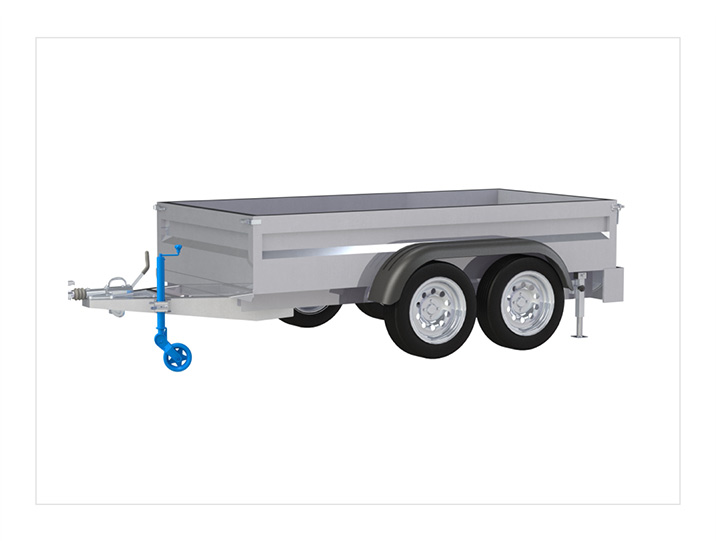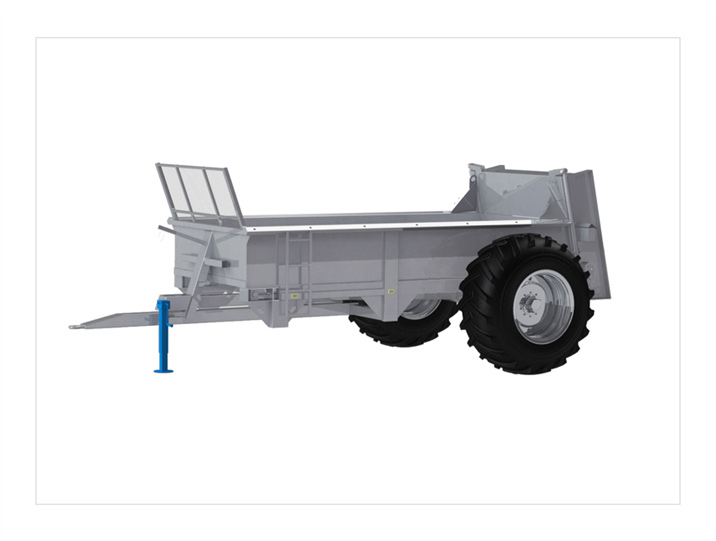To use a jockey wheel, the operator simply lowers it down onto the ground and moves the trailer into position. Once in place, the jockey wheel can be raised back up and locked into position to prevent it from bouncing or swiveling during transit. When the trailer car is attached to the towing vehicle, the jockey wheel is typically raised and secured in an upright position to prevent it from dragging on the ground.
Jockey wheels serve several key functions on a trailer car, including:
1.Supporting the weight of the trailer: Jockey wheels are designed to support the weight of the trailer car when it’s detached from the towing vehicle, preventing it from tipping over or sinking into soft ground.
2.Providing stability and balance: Jockey wheels help to stabilize the trailer car during loading and unloading, preventing it from rocking or shifting.
3.Facilitating easy maneuvering: Jockey wheels make it easier to maneuver the trailer car into tight spaces, such as garages or parking spots, by providing an additional point of contact with the ground.
Jockey wheels are an essential component of any trailer car, and their importance cannot be overstated. Without a jockey wheel, the operator would have to physically lift and move the trailer into position, which can be difficult or impossible for heavy or bulky loads. Additionally, the lack of a jockey wheel can lead to instability and tipping during loading and unloading, which can be dangerous and cause damage to the trailer car and its contents.



